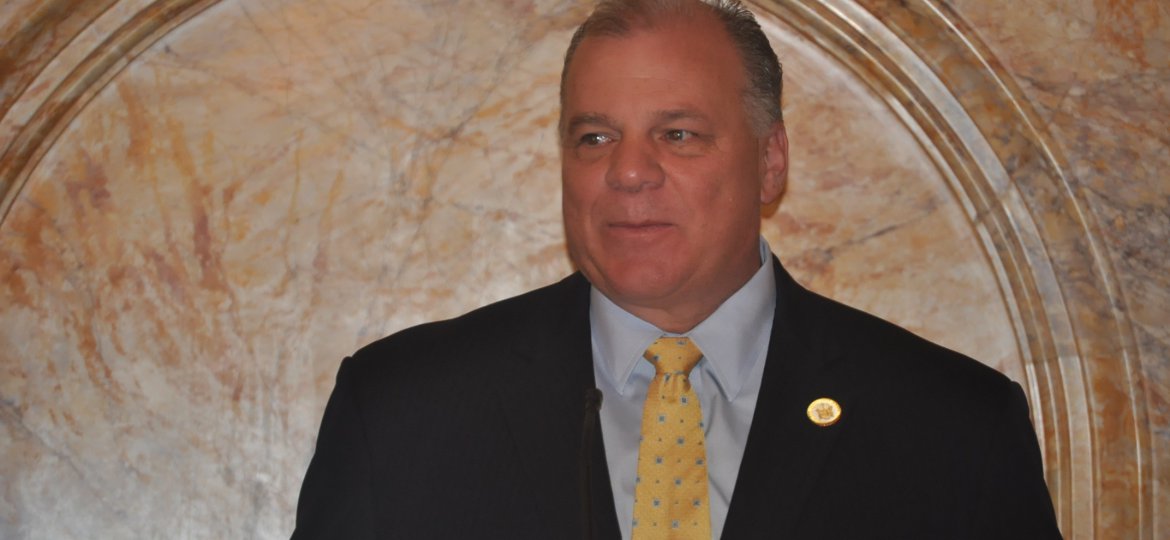
TRENTON — Senate President Steve Sweeney (D-Gloucester) today thanked the Governor for finally heeding Democratic calls to raise the Earned Income Tax Credit for the working poor, but criticized him for once again refusing to make millionaires pay their fair share.
Senator Sweeney said he expected the Senate to approve the Governor’s conditional veto in order to help working families, even though it is tied to his rejection of the millionaire’s tax.
“Today, five years after he first cut the Earned Income Tax Credit – taking a total of more than $250 million out of the pockets of those working people least able to afford it – the Governor has finally come to his senses,” Senator Sweeney said. “We have included an increase in the Earned Income Tax Credit year-after-year in Democratic budgets because we know that low- and moderate-income New Jerseyans have suffered the most as a result of this Governor’s economic policies.
“The increase in the Earned Income Tax Credit will put hundreds of dollars into the pockets of those who struggle to make ends meet,” Senator Sweeney said. He noted that EITC eligibility ranges from $20,330 for childless workers to $53,267 for a family with three or more children.
However, Senator Sweeney criticized the Governor for tying the Earned Income Tax Credit increase to his conditional veto of the millionaire’s tax.
“Once again, the Governor is protecting millionaires from paying their fair share to help the state meet its fiscal obligations,” Senator Sweeney said. “This administration effectively raised taxes on everyday New Jerseyans by cutting property tax rebates, and by raising bridge and highway tolls and mass transit fares, yet he has refused to consider asking the wealthiest to pay more.
“Under this administration, every income group has suffered a decline in real income except the state’s 17,000 millionaires, whose real income rose $123,000,” he said. “Under our legislation, no one making less than $1 million would have paid a dime more in taxes.
“No one likes to raise taxes, but New Jersey’s poor economic performance under this administration left us no choice. If New Jersey’s economy had simply grown at the national average, we would have had $4.7 billion more in revenue – more than enough to fund the required pension payment, invest in priorities like schools, higher education and healthcare,” the Senate president concluded.

